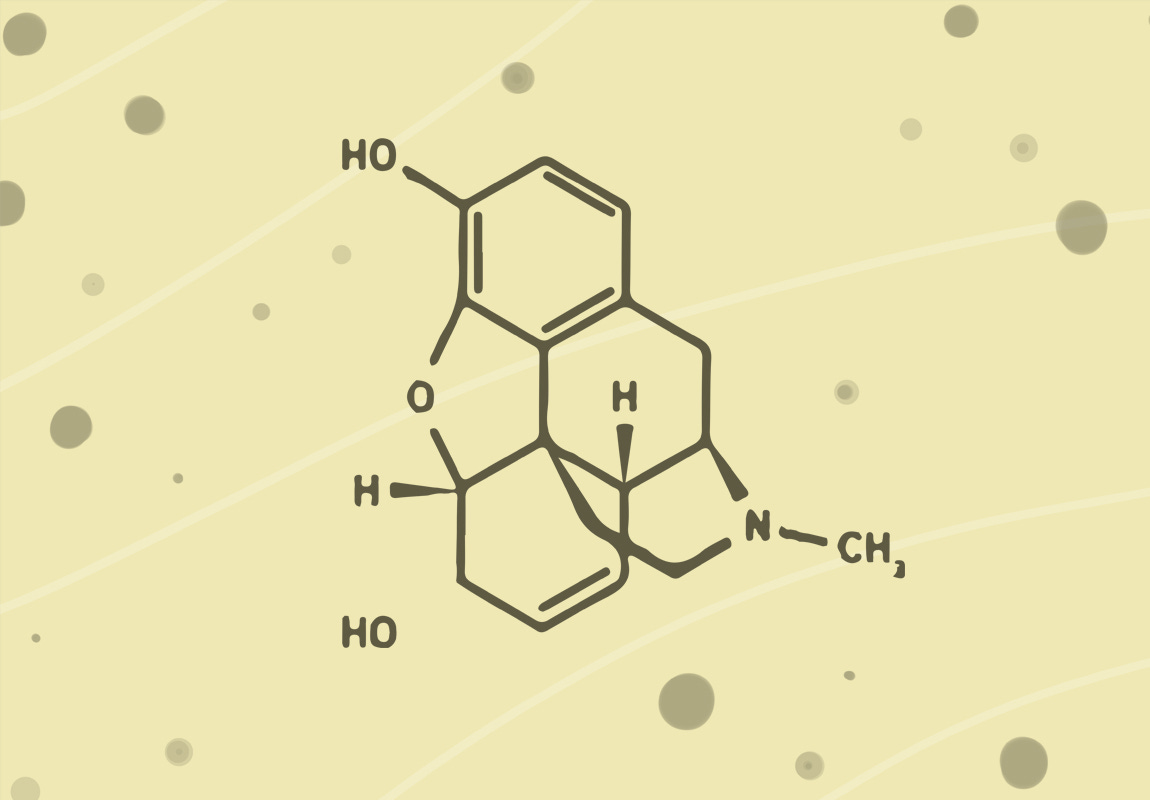The invention of modern medicine is considered one of the most lifesaving inventions in human history. Though we take it for granted today, things were very different back in the 1700s. Knowledge of medicine, training a person to become a medical doctor, and giving care to patients were all radically different back in the 1700s. The only available treatments were traditional medicines that relied on medicinal herbs and plants. These were only used for regular colds and fevers, while unidentified diseases were believed to have supernatural causes.
Friedrich Wilhelm Adam Serturner, a brilliant 21-year-old pharmacist who lacked formal medical or research training, was the man behind the discovery of the first modern medicine, morphine.
Following the Renaissance in the 16th century, drastic changes began to occur in the field of medicine. Developments in chemistry during the latter part of the 18th century led to the purification of plant extracts used as medicines. It also paved the way for the synthesis of new drugs. The substances extracted from the herbal plants contained various pharmacologically active substances but in unknown quantities and varying proportions. Opium was one of the plant extracts that was used widely for medical purposes during those times.
Opiates, the derivatives of the opium poppy plant, prevailed as painkillers, but since the extracts were not in pure form, prescribing an ideal dosage was difficult. The inconsistencies in the proportion of active substances and the addictive nature of opiates were the major problems.
A series of tests on rats and stray dogs showed that opium with the alkaloid removed did not affect animals, but the alkaloid alone had ten times the power of processed opium.
Friedrich Wilhelm Adam Serturner, a brilliant 21-year-old pharmacist who lacked formal medical or research training, was the man behind the discovery of the first modern medicine, morphine. Serturner was enrolled as an apprentice to a court apothecary in Paderborn, a city in Germany, at the age of 16. Through a series of experiments conducted in his spare time, Serturner isolated an organic alkaloid compound from the resinous gum secreted by the opium poppy.
A series of tests on rats and stray dogs showed that opium with the alkaloid removed did not affect animals, but the alkaloid alone had ten times the power of processed opium. Considering its tendency to cause sleep, Serturner named the alkaloid Morphium after Morpheus, the Greek god of dreams. Serturner reported the discovery in his letters to German chemist and pharmacist Johann Trommsdorff, editor of Journal der Pharmacie, in 1805. However, Serturner’s discovery was labelled unscientific and was not accepted by the medical community.
Serturner continued his experiments to determine a safe, effective, and reliable dose of morphine. He often did the human testing of morphine on himself. He once ingested a small amount of morphine and felt remarkable relief from a terrible toothache.
In the following years, Serturner’s discovery was recognised by French chemist Joseph Louis Gay-Lussac and the German Mineralogical Society. A research paper on the effects of morphine published by French physician Francois Magendie in 1818 boosted its popularity. Morphium came to be known as morphine following the standardised suffixing of alkaloids in 1818. By the 1820s, it was readily available and was widely used in medical treatments.
In 1817, the University of Jena in Germany awarded Serturner an honorary doctor’s degree. Similar honours were bestowed upon him by universities at Marburg, Berlin, St Petersburg, Batavia, Paris, and Lisbon. In 1831, Serturner secured a lucrative prize, the Montyon Prize, from the Institute of France, and the title ‘Benefactor of Humanity’ for his discovery.
Alkaloid chemistry was a new branch that emerged following the invention of morphine. Morphine was the first ever alkaloid to be isolated from any plant. Serturner’s discovery served as the foundation of the modern pharmaceutical industry. Following the invention of syringes in 1850, injected morphine became a standard method of reducing pain during and after surgery. Even today, this first-ever modern drug has its own place in the large pool of medicines as a prominent painkiller.
Thank you for listening. Subscribe to The Scando Review on thescandoreview.com.
Happy Teaching!














Morphine: Prominent painkiller and first-ever modern drug